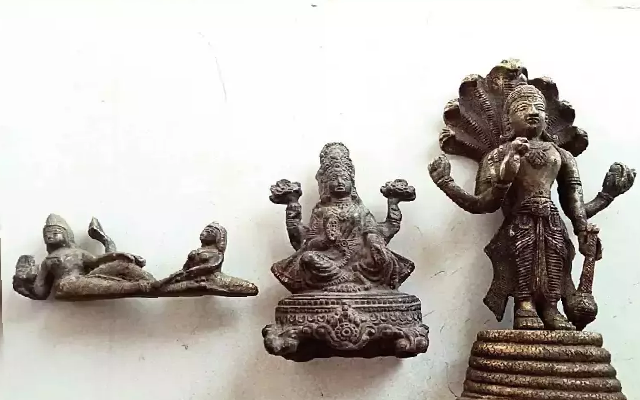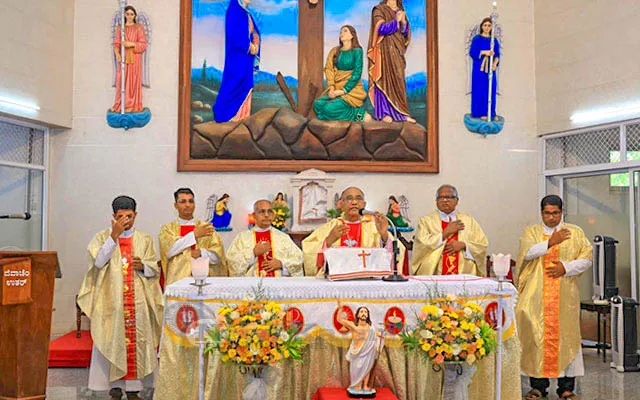 New Delhi: The Supreme Court on Thursday said habeas corpus writ couldn’t be used for securing the pre-mature release of a convict, undergoing imprisonment imposed by a court, under government orders.
New Delhi: The Supreme Court on Thursday said habeas corpus writ couldn’t be used for securing the pre-mature release of a convict, undergoing imprisonment imposed by a court, under government orders.
A habeas corpus writ is filed to seek directions for a person under arrest to be produced before the court, which will rule on the nature, legal or illegal, of his/her detention.
A Bench, headed by Justice Deepak Gupta, said even though the scope of habeas corpus had been expanded, there were certain limitations. The most basic one was the court before issuing any writ of habeas corpus must come to conclusion that the person was under detention without any authority of law, it said.
Appeals have been filed in the apex court challenging the Madras High Court verdict, ordering release of several convicts under a Tamil Nadu government scheme on the occasion of former Chief Minister M.G. Ramachandran’s birth centenary. The Bench was dealing with cases of five convicts. It ordered release of four, as they had continued education and completed several courses while serving their terms, and for the other convict, it asked the state government to decide the representation within six weeks.
The habeas corpus petitions were filed on the ground that the state had not given the benefit of the premature release to the petitioner.
The apex court observed the habeas corpus writ was available as a remedy in cases where a person was deprived of liberty. “At the same time, the law is well established that a writ of habeas corpus will not lie and such a prayer should be rejected by the court where detention or imprisonment of the person whose release is sought is in accordance with the decision rendered by a court of law or by an authority in accordance with law,” the court said.
A writ by a prisoner was maintainable if his fundamental rights were violated, the apex court observed and also noted convicts, supposed to be released by the order under this government scheme, were serving life-term and the sentence was upheld by the top court. Therefore, the detention of these convicts couldn’t be considered illegal, and it was not for the writ court to decide whether a prisoner was entitled to parole or remission and these matters lied squarely in the “domain of the government”.
“In all these cases, the representations made by the detenus had not been decided. In our view, the proper course for the court was to direct that the representations of the detenus be decided within a short period,” the apex court said.
The authorities concerned should examine the representation made by convicts under the government scheme, and decide it within two-three months, it added.
















